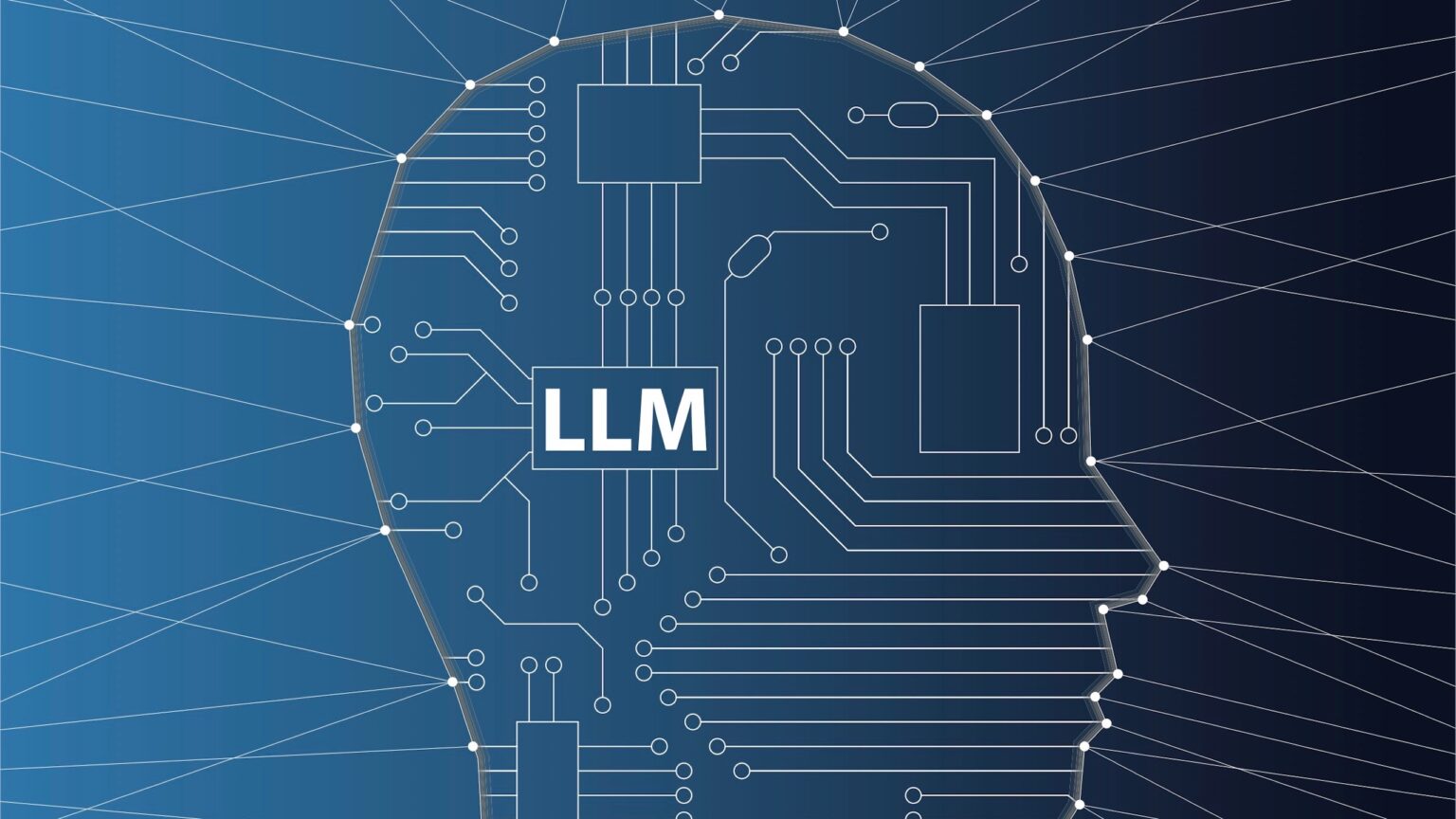ChatGPT maker OpenAI is getting ready to release a new open-source language model to the public, as pressure mounts from other open source AI models. The news was reported by The Information on Monday, citing sources with knowledge of the development.
The latest news also comes weeks after a leaked document from a senior engineer at Google acknowledged the progress made by open-source AI tools and the direct threat posed to Google and OpenAI. The document cited websites filled with open-source visual art generation models.
Also read: Twitter’s New Direct Message Encryption Raises Criticism
By contrast, ChatGPT and Google’s Bard chatbots do not share make their underlying models available to the public.
“While our models still hold a slight edge in terms of quality, the gap is closing astonishingly quickly,” wrote the Google engineer.
Model won’t compete with ChatGPT
OpenAI’s ChatGPT, which went viral immediately after release last November, has gained widespread attention in Silicon Valley as investors see generative AI as the next big growth area for tech companies.
But it does not end in Silicon Valley. Tech giants from across the world are rolling their sleeves up as they seek to tap into the generative AI industry, with many others coming up with rival products.
In China where ChatGPT is not available officially, the chatbot has also gone viral, accessible via VPNs. Search giant Baidu, meanwhile, has introduced that country’s first ChatGPT alternative known as Ernie Bot.
Beginning this year, Microsoft Corp announced a multi-billion dollar investment in OpenAI, deepening ties with the startup and setting the stage for more competition with rival Alphabet Inc’s Google.
We applied GPT-4 to interpretability — automatically proposing explanations for GPT-2's 300k neurons — and found neurons responding to concepts like similes, “things done correctly,” or expressions of certainty. We aim to use Al to help us understand Al: https://t.co/mUsGOg6T69 pic.twitter.com/knCUxnL5CY
— OpenAI (@OpenAI) May 9, 2023
Google quickly announced its own Bard chatbot after OpenAI’s generative AI gained significant momentum with ChatGPT, which triggered a race among the tech companies.
Not to be left behind, Meta Platforms Inc is also now rushing to join competitors Microsoft and Google in releasing generative AI products capable of creating human-like writing, art and other content. These models were transformed into open-source software, leading to the development of free alternatives to ChatGPT and other proprietary AI software.
According to The Information’s report, OpenAI is likely to release a model that is competitive with GPT.
While the specifics of the upcoming open source AI model remain undisclosed, it is not expected to directly compete with the flagship ChatGPT. Instead, it is expected to contribute to the growing ecosystem of open-source AI.
Open-source community booming
Writing for Business Today, Danny D’Cruze says the rapid growth and advancement of free AI models has brought them to a level of performance comparable with proprietary models from Google and OpenAI. Consequently, many software developers are expected to choose open-source alternatives.
Additionally, the availability of free alternatives empowers developers and researchers worldwide, democratizing access to cutting-edge technology and driving further advancements in the field.
The Google senior engineer’s leaked letter also emphasizes the rise in open-source AI models and argues the community has made significant progress in solving major NLP problems at a faster rate than large tech companies.
The letter also suggests that Google and OpenAI should pay more attention to work being done by the open-source community and prioritize enabling third-party integrations.
While Google and OpenAI may still hold a slight edge in terms of language model quality, the gap is closing rapidly, and open-source models are becoming increasingly capable, customizable and privacy-focused.
“The uncomfortable truth is, we aren’t positioned to win this arms race and neither is OpenAI. While we’ve been squabbling, a third faction has been quietly eating our lunch,” the engineer wrote.
The engineer added that the “third faction” posing a competitive threat to Google and OpenAI was the open-source community.
Open-source tech developers are not proprietorial and release their work for anyone to use, improve or adapt as they see fit.
Historical examples of open-source work include the Linux operating system and Microsoft Office alternative LibreOffice.









 and then
and then